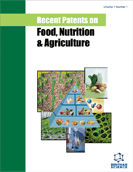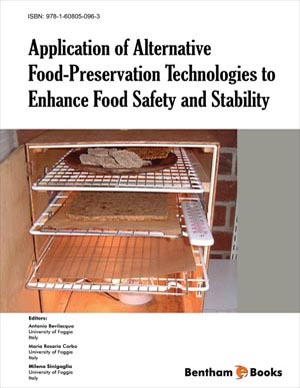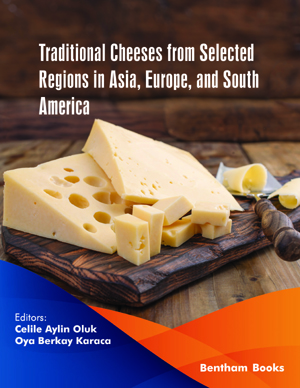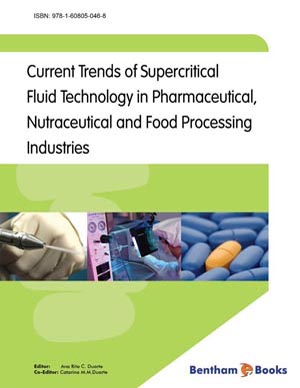Abstract
Globally, cancer is the main cause of mortality and morbidity. Unfortunately, existing medical procedures are not adequate due to a lack of appropriate therapy, adverse health effects, chemoresistance and disease recurrence. In recent years, epidemiological findings have illustrated the connection between the consumption of several phytochemical-enriched foods and nutrients, and the lower risk of different types of cancer. Natural compounds named ‘phytochemicals’, commonly found in fruits, vegetables, and whole grains, have shown convincing beneficial biological effects on human well-beings, including curing different types of cancers. Phytochemicals, which are non-nutritive chemicals present in plants, have come up as modulators of essential cellular signaling pathways exerting proven anti-cancer benefits. Dietary phytochemicals have received major interest in chemoprevention as they are thought to be safe for human use. Chemo-preventive agents restrain the growth of cancer either by impeding DNA damage, which contributes to malignancy or by preventing or restricting the division of premalignant cells through DNA damage. Phytochemicals may prevent carcinogenesis by contributing to cell cycle arrest, autophagy and apoptosis. The bioactive compounds have been reported to reverse adverse epigenetic control, including modifying DNA methylation and histone alteration, modulating the expression of miRNA, inhibiting phase I enzymes, and activation of phase II enzymes, scavenging DNA reactive agents, preventing the excessive proliferation of early, preneoplastic lesions, and suppress other properties of the cancer cells. These have all been a part of indirect yet successful and innovative approaches to cancer treatment utilizing phytochemicals.



















